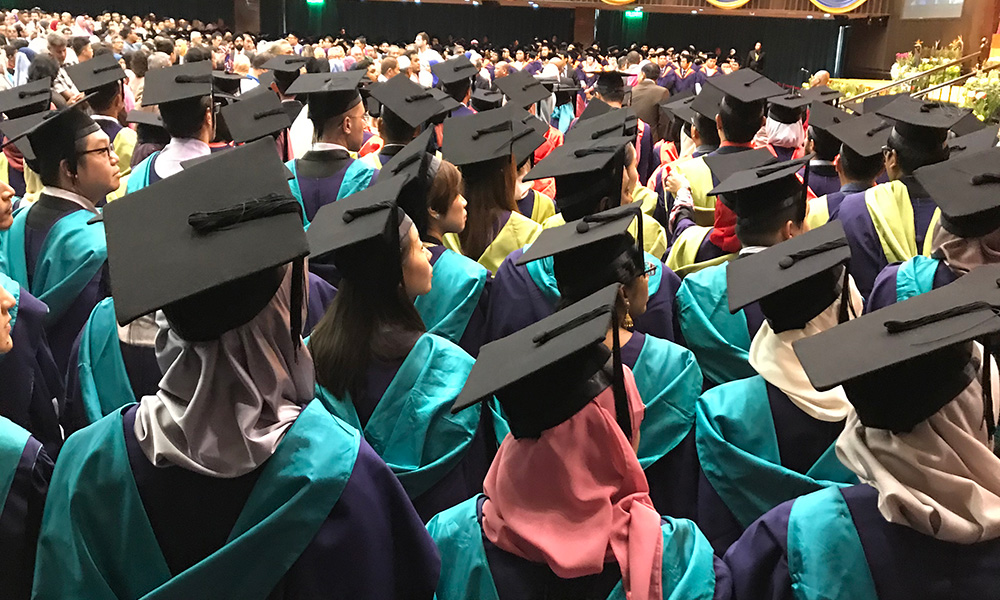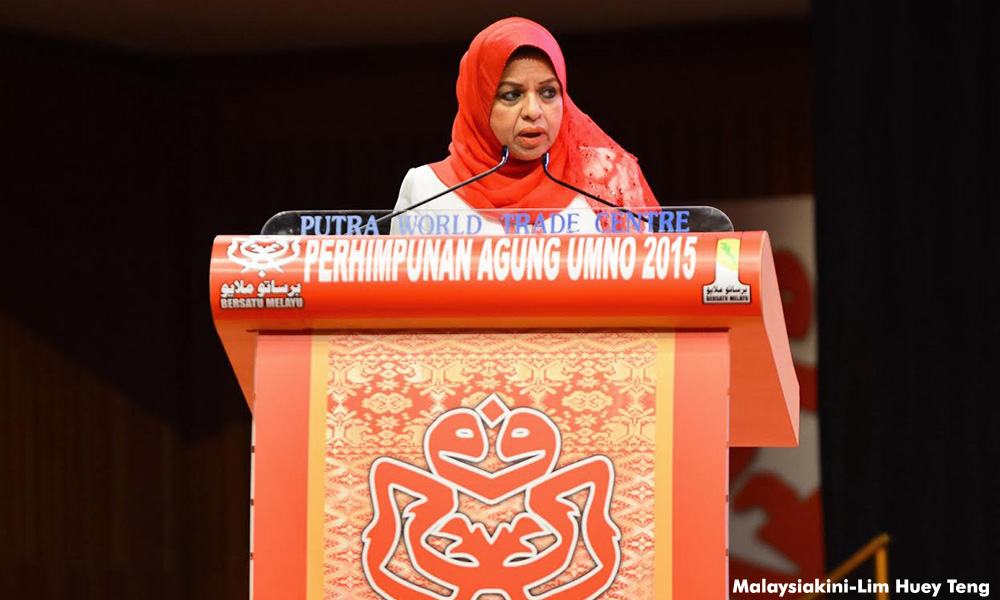
“Where are you from?” I ask the woman who sits beside me.
Small talk is necessary in this dining hall. It is our first day as university students. My university is rather old-fashioned; apart from its attachment to Latin and long gowns, it prepares a welcome meal for us as an official invitation to the fraternity.
“France,” she says.
“Oh, Napoleon!” I say, instantly regretting my poor reply. Everyone makes mistakes like that in small talk. But I am saved when she smiles broadly and says she is a student of the French Revolution.
And conversations like this go on at the table with students from around the world - Australia, Germany, Ghana, Korea, and Canada.
We point to the Canadian woman and say “Justin Trudeau” (photo) at once. “I know,” she says, “I live on his baby-kissing photos”.

The women at that table swoon in excitement.
But the Canadian woman’s smile disappears when she says softly, “But I don’t agree to all of his policies, I must say. I mean I love his topless photos, but some of his policies - vehement disagreement”. She chops the air horizontally with her mouth curved downwards.
“You think you have it bad,” the Ghanaian man says, to sheepish laughter at the table, “you haven’t been to my country”.
“Well, you all think you have it bad,” I say, to greater laughter at the table.
“Interesting times in Malaysia, James, interesting times,” the British student on my left says with a wink.
I shrug and say repeatedly: “It is what it is.”
A futile reminder
Everyone knows what is going on in Malaysia. There is no use in hiding it.
When I met several judges in the UK, most of them were aware of the 1988 judicial crisis; and most people in university had heard of Malaysia at least in light of the twin Malaysia Airlines tragedies and the 1MDB scandal.
When Wanita Umno chief Shahrizat Abdul Jalil recently reminded Malaysian students abroad to promote the contributions of Umno in building this country, it was at once hypocritical and futile.

It was hypocritical because the government had explicitly and implicitly banned students abroad from partaking in “political activities” - a boundary so vaguely and broadly defined as to be senseless. And now it seems that Umno activism is encouraged; worse, an obligation.
Moreover, the reminder was also futile because spreading the illustration of a racially and religiously harmonious country free of corruption and abuse of power does not prevent outsiders from knowing the dirt within.
The online and international media have extensively documented the systemic problems of Malaysia. While it is certainly helpful to talk about the natural wonders, flavourful food, as well as the kind and tolerant nature of Malaysians, students abroad must also maintain an honest view of the status and trajectory of the country.
Critical thinking
University is a place to hone critical thinkers. That means students who are able to observe the past and present through different lenses - objectively and free from biases, and imagining a future that balances realism and idealism.
One of the good things about being able to study abroad is that you are exposed to a wide array of experiences from your peers of vastly different backgrounds, and the environment provides you a point of comparison to your home country.
If you study in the UK, you think about how the London Underground (photo) can accommodate so many in a short time; you contemplate the glory and doom of the kings and queens; you ponder the political integrity of politicians in the golden chambers of the House of Commons.

University is a place to discuss problems rather than crafting a mask of feigned comfort.
To be able to articulate the ills of your country with honest, measured, and intelligent understanding will give others a better impression of Malaysia than one that ignores current predicaments, exaggerates past triumphs, and pretends we live in the best of times.
Searching for identity
But most of all, asking students abroad to become Umno ambassadors is particularly destructive because it inhibits students from realising one of the greatest rewards of studying abroad: soul-searching.
When you are studying abroad, you are forced to become a stranger in a foreign land. It is terrifying but also exhilarating, because you get to define who you are.
You examine your history and where you come from, you connect the dots of your life, and you discover a larger purpose beyond money.
All this may not be possible if students are asked to defend the Umno cause without first discovering for themselves who they are and what kind of society they want to lead.
Asking students abroad to become Umno ambassadors would deprive them of being ambassadors of their own mind. They are immediately consolidated into Umno ideologies which are typically regressive and conservative.
This is not to say that students abroad ought not to support Umno.
Instead, it is to say that students abroad ought never to be confined to anything, as they should capitalise on the best opportunity to unlock their minds and search for their identity.
What is your story, where do you come from, what made you who you are: these are questions that are important for creating a confident, intelligent, and compassionate society. Critical thinking does not only mean criticism, but criticism is inescapable in critical thinking.
When we become our own ambassador, that’s when the best of Malaysia will shine through.
JAMES CHAI works at a law firm. His voyage in life is made less lonely with a family of deep love, friends of good humour and teachers of selfless giving. This affirms his conviction in the common goodness of people: the better angels of our nature. He tweets at @JamesJSChai.- Mkini



No comments:
Post a Comment
Note: Only a member of this blog may post a comment.